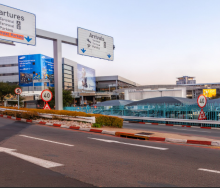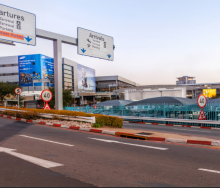“It will take a significant amount of time to vaccinate the global population, particularly those in less advanced countries, or in different age groups, therefore we should not discriminate against those who wish to travel but have not been vaccinated.”
These were the words of Gloria Guevara, World Travel & Tourism Council (WTTC) president and ceo, speaking at the Reuters Next conference on January 12.
She said only a tiny percentage of people around the world had so far received the vaccine, and vast numbers had not. In her opinion, everybody could travel safely by showing a negative test result. “Furthermore, the most vulnerable groups should be prioritised. A blanket vaccination requirement would simply discriminate against non-vulnerable groups, such as Generation X, Z and Millennials, who should be able to travel with proof of a negative COVID test.
“WTTC has long been calling for an internationally recognised rapid and cost-effective testing regime at departure points worldwide. This would avoid exporting the virus and aid the restoration of international travel.”
But recent reports from Australia appear to show that testing is certainly not yet a totally watertight solution. Alan Joyce, Qantas ce, said, during the January 13 session of the Reuters conference, that quarantine was now known to present a risk. He mentioned that it was now believed that the latest spread of the virus in Australia had come from quarantine centres (in which all the quarantined have been PCR-tested). Both the South African and the UK variants have now been detected at certain quarantine centres and at least one staff member has been infected. Quarantine centre staff are now to be tested daily, rather than weekly.
He reiterated his previous stance on vaccination, saying Qantas would require passengers to be vaccinated in order to board its international flights, and that he expected a lot of governments to mandate the same requirement, particularly countries with very low case numbers like Australia (one in 85 000 people in Australia tests positive). He added that the requirement for vaccination would also boost confidence in the safety of air travel.
Alan was bullish on travel in the post-vaccine world, saying there was a lot of pent-up demand. He is hopeful that international travel will resume by mid-2021. Asked if Qantas still intended to fly to Johannesburg once international routes resumed, Alan said the airline was still very keen on South Africa and Johannesburg and would use B787s on the route.
Australia’s mass vaccination campaign is due to start in February.














